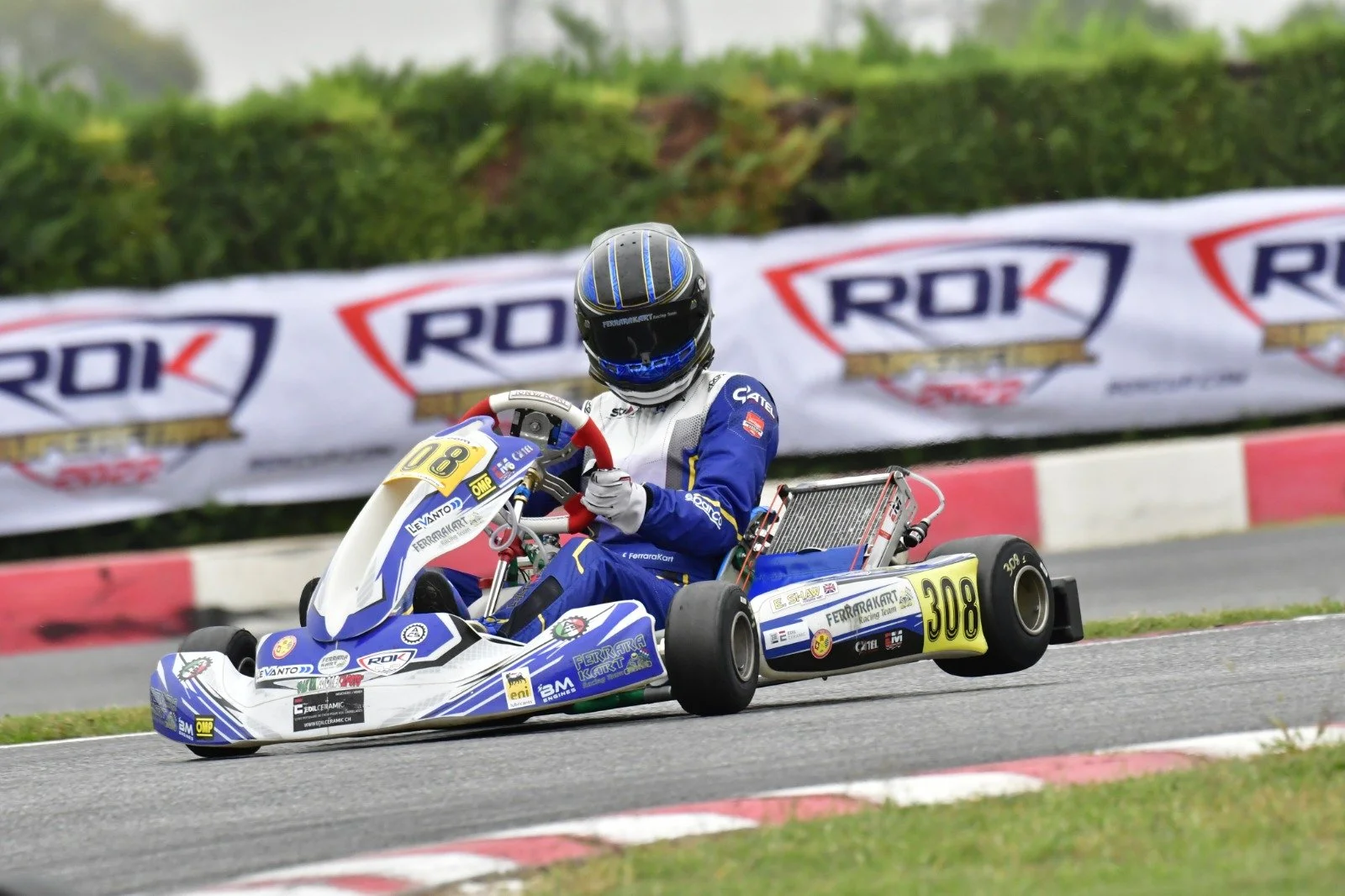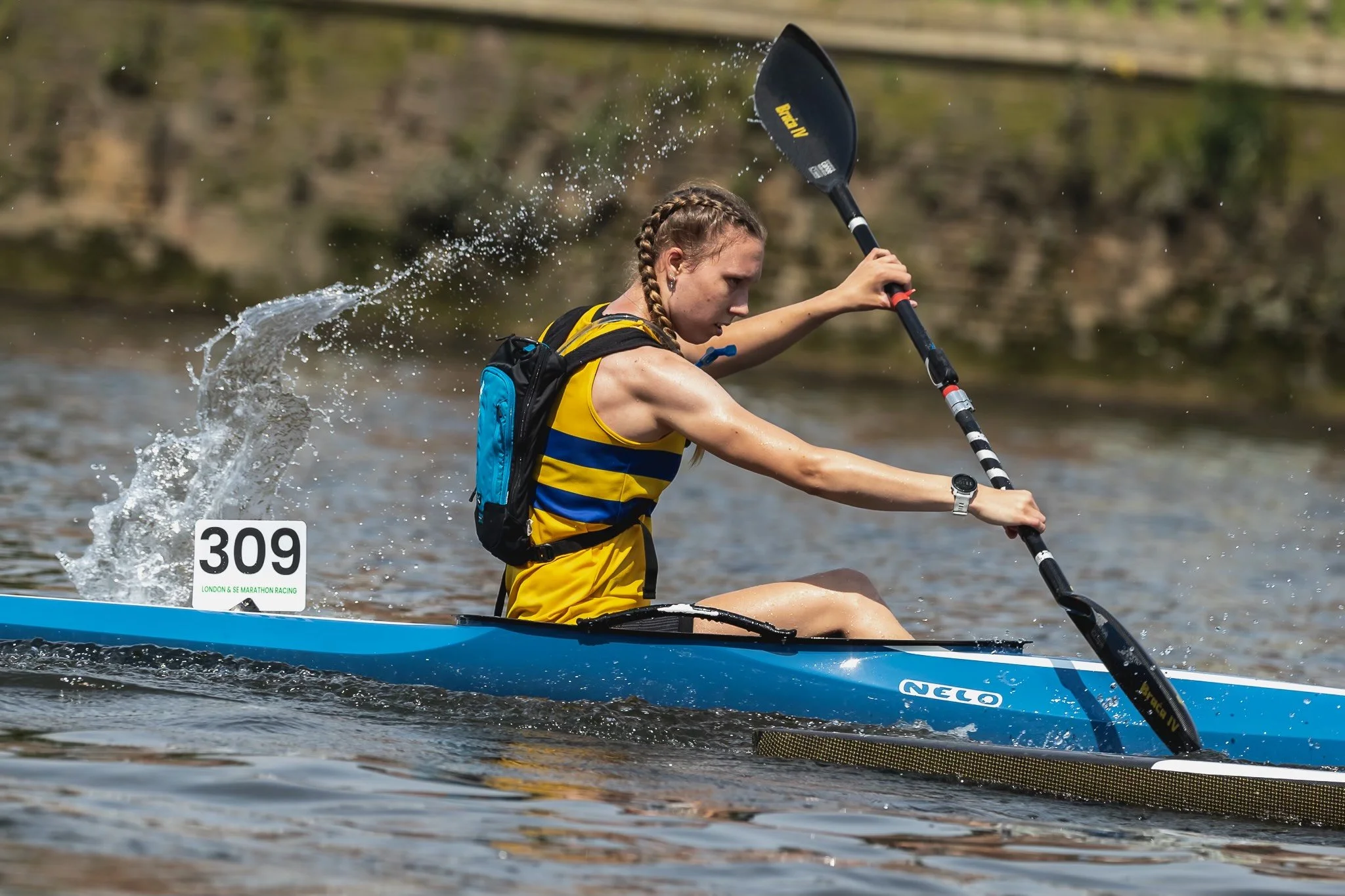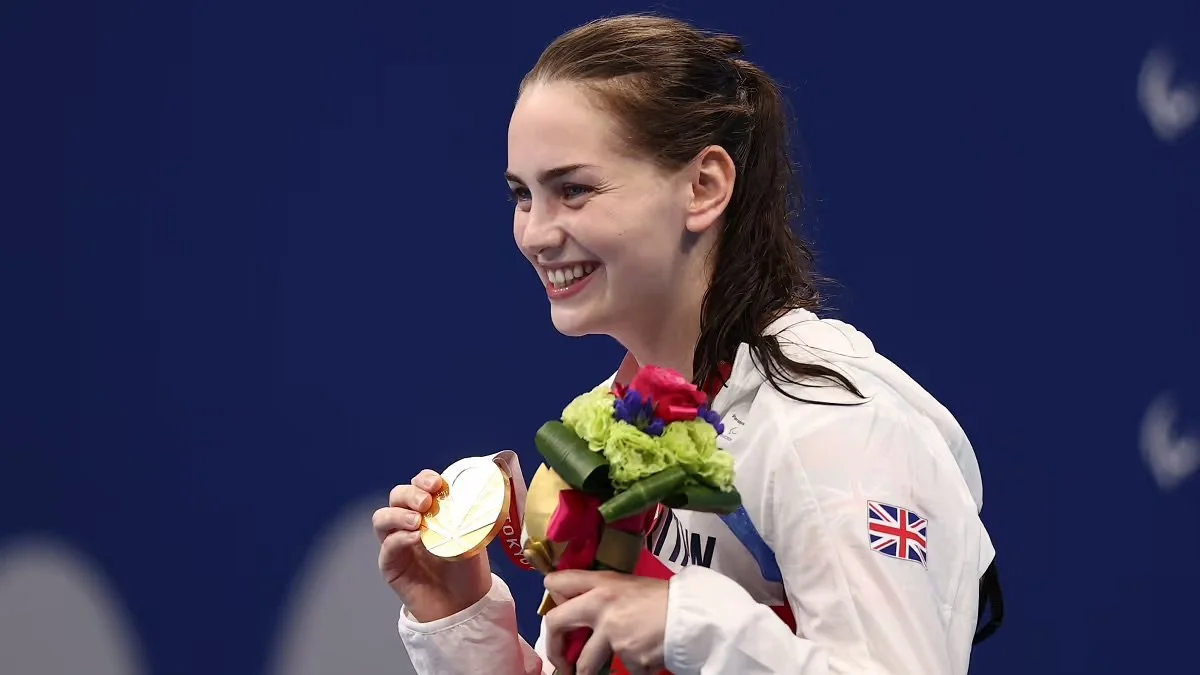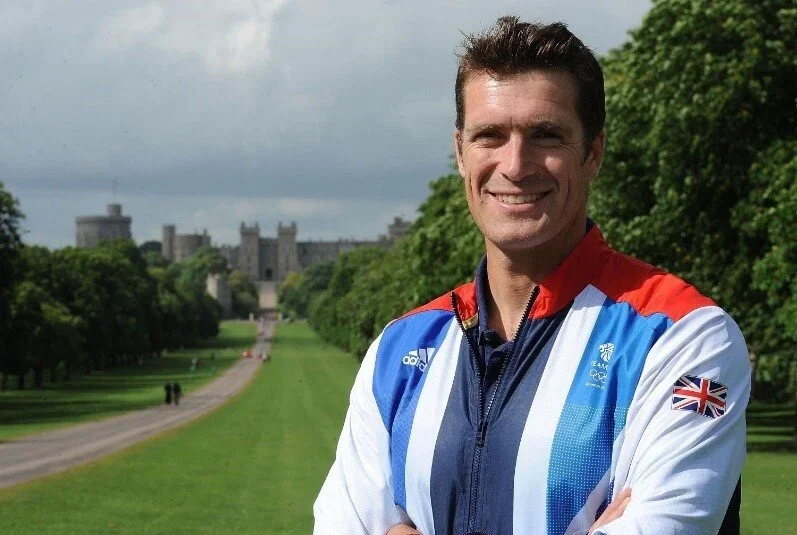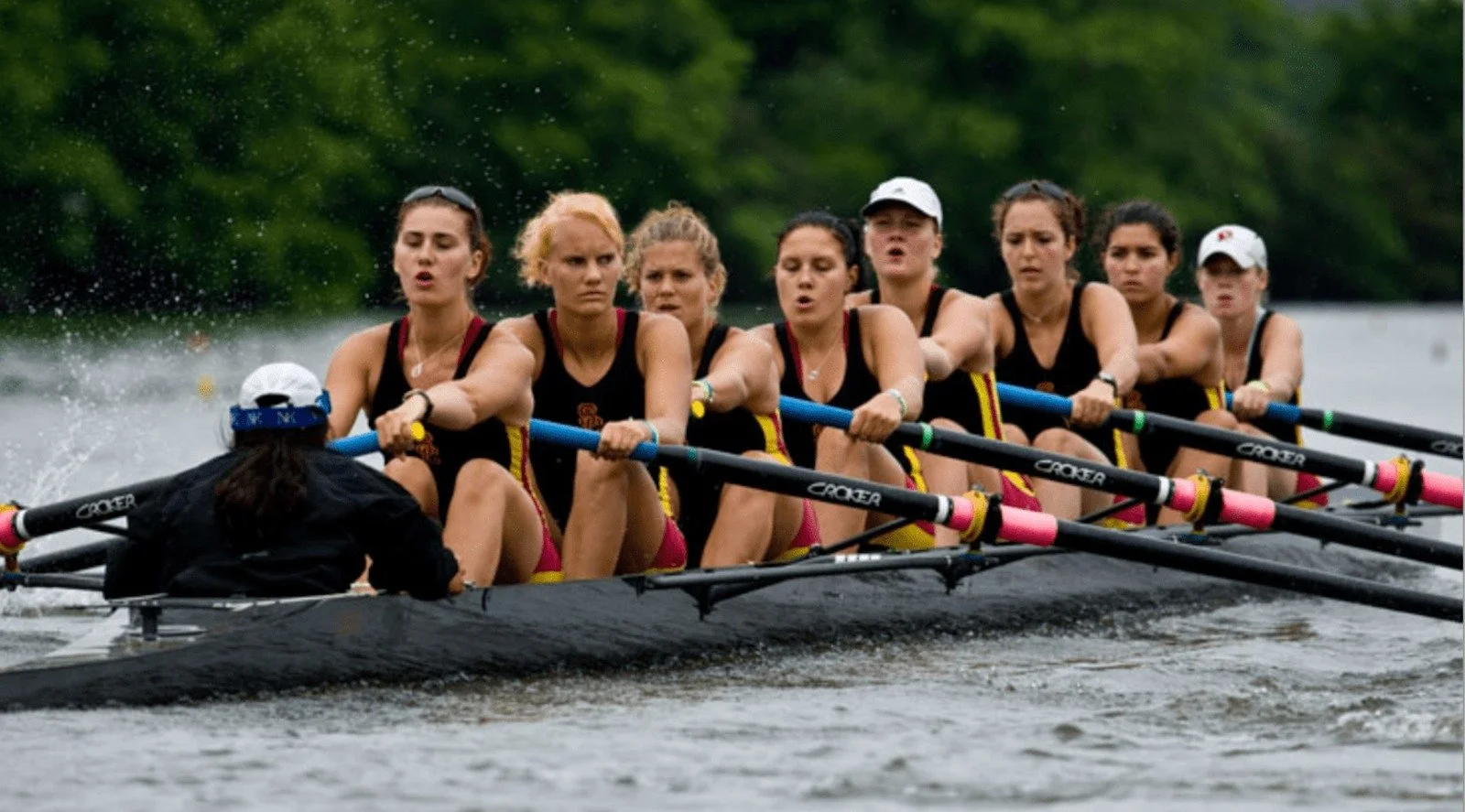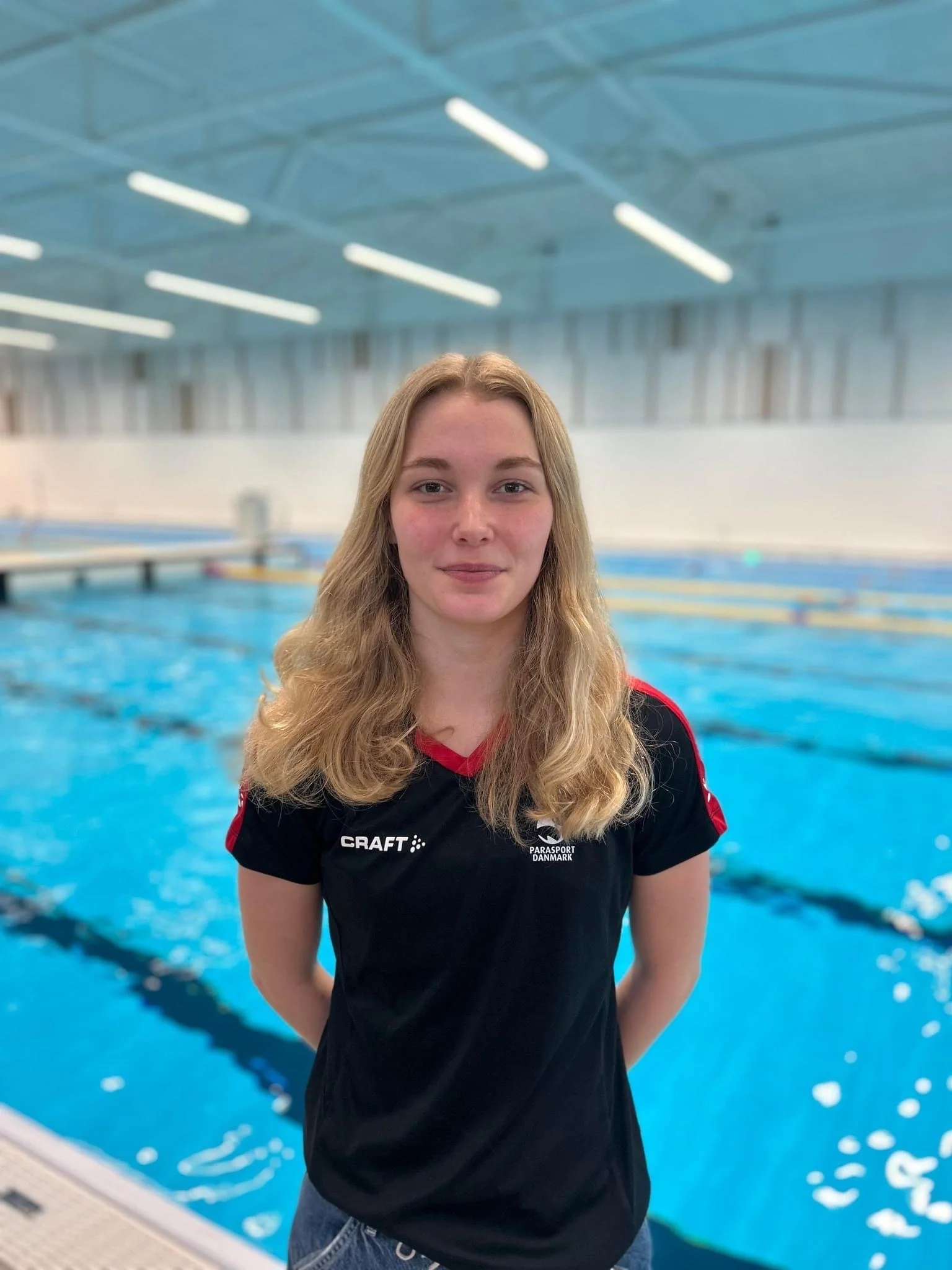Neurodiverse Sport articles
Search for specific content…
Unapologetically Living YOUR Life and Mapping the Way Forward
In this moving reflection, former international cricketer Olivia Rae shares how her late Autism and ADHD diagnosis reshaped not just how she saw herself—but how she lived. Told with honesty and grace, Olivia’s story challenges traditional ideas of success in sport and life. From burnout to balance, survival to sustainability, this is a journey about reclaiming identity, redefining what works, and finally, living unapologetically.
A Story of Strength and Support: Michael Barton’s Journey
Michael Barton is a national Judo medallist, data analyst, author, and Autistic advocate who proves that structure, support, and self-awareness can be a winning combination. Diagnosed early in life and initially non-verbal, Michael’s journey challenges assumptions about neurodivergence in sport—showing how explicitly taught skills, routine, and the right environment can empower Autistic athletes to thrive.
Coaching with Compassion: Kyle Gookins on Ego, Inclusion, and Emotional Intelligence in Sport
In this powerful and heartfelt interview, former NCAA football coach Kyle Gookins shares how becoming a parent to an Autistic son transformed not only his life, but also his coaching philosophy. From high-performance pressure to person-centred practice, Kyle speaks with honesty about ego, emotional intelligence, and the practical shifts coaches can make to better support neurodivergent athletes. A must-read for anyone passionate about inclusive sport.
“Different. But it’s good that I’m different.” — Elliott Shaw, International Karting
Elliott Shaw is a 20-year-old British racing driver competing at the top level of karting—and he’s proudly Autistic and ADHD. In this refreshingly direct interview, Elliott shares how his neurodivergence fuels his attention to detail, resilience, and drive to win. He also reflects on bullying, sensory challenges, and why finding the right team makes all the difference. For Elliott, racing isn’t just a sport—it’s a way to channel his energy, build self-worth, and stay balanced. A powerful story of difference as strength.
Finding Strength Through Equine Therapy: James’s Story
James Lovatt’s story is one of misunderstanding, vulnerability, and shame—until he began to understand himself through the lens of neurodivergence. Now a competitive rider and passionate advocate for neurodiversity, James reflects on the toll of masking, the dangers of unsafe systems in sport, and the healing power of self-awareness and support.
Nerys Hall – Learning to Work With ADHD, Not Against It
Junior European medallist and GB kayaker Nerys Hall opens up about her journey with ADHD in high-performance sport. From masking and meltdowns to resilience and self-acceptance, she shares how diagnosis helped her work with ADHD, not against it. Her message is clear: when athletes are understood and supported, they don’t just survive—they thrive.
The Formula for Thriving – A Neurodivergent Path to Performance
In part two of triathlete Tom Epton’s journey, we explore the formula behind his success—freedom, structure, curiosity, and purpose. Diagnosed with ADHD as a child, Tom shares how understanding his brain has allowed him to thrive in elite sport, education, and business. This blog highlights the hidden strengths of neurodivergent athletes and what they need to succeed.
From “Naughty Kid” to National Competitor
From school exclusions to international podiums, triathlete Tom Epton shares how a childhood diagnosis of ADHD shaped his journey in life and sport. His reflections on behaviour, belief, and building the right support system are a powerful reminder of what neurodivergent athletes can achieve when they're truly understood.
Staying the Course in a System That Wasn’t Built for Her: Michelle’s Story
Michelle Lau is a world-ranked amateur golfer, software developer, and proud Autistic woman. Her journey into elite disability golf began after seeing the work of Neurodiverse Sport—proof that visibility and representation can change lives. In this powerful blog, Michelle opens up about delayed diagnosis, sensory overwhelm, masking, and what it took—physically and emotionally—to finish her first world-ranked tournament. Her story reminds us that success and struggle often walk hand in hand.
“Only The Best Will Do” – Ed Baxter on Autism, Swimming, and Challenging Expectations
Ed Baxter is a former British record-holding swimmer and co-founder of the AP Race Club with Adam Peaty. Diagnosed with Autism at a young age, Ed speaks openly about how his neurodivergence shaped his elite swimming career and entrepreneurial journey. In this in-depth interview, Ed shares his coaching philosophy, challenges in sport, and why pushing limits—not lowering expectations—is key to success for all athletes.
George Eastwood: The ND Coach Empowering Through Movement
George Eastwood, known as The ND Coach, is a personal trainer, former runner, and passionate advocate for neurodivergent inclusion in sport. Diagnosed with Tourette’s Syndrome at age four and later with ADHD, George has learned how movement, honesty, and community can transform lives – including his own. In this blog, he shares his journey from masking and misunderstanding to confidence and coaching, and explains why sport can be a lifeline for neurodivergent people.
Tully Kearney – Gold Medallist, World Record Holder, Autistic Athlete
Tully Kearney is a Paralympic champion, a world record holder – and proudly autistic. But for 10 years, she kept her diagnosis a secret from her sport. In this deeply honest interview, Tully reflects on what it’s like to mask, to fear being misunderstood, and ultimately to find her voice and speak out. Her story is a powerful reminder of how neurodivergent athletes can thrive – when sport starts working with difference, not against it.
“There’s magic in people — we just have to stop it from getting lost.” — Greg Searle, Olympic Rower
Greg Searle MBE is one of Britain’s most successful Olympic rowers — but few know he is also proudly dyslexic. In this honest and insightful interview, Greg shares how dyslexia shaped his learning, performance, and leadership throughout his elite rowing career. From his early victories with his brother to his individual bronze in the single scull and a powerful comeback at London 2012, Greg’s story is one of autonomy, self-awareness, and the power of person-centred coaching. He reminds us that neurodivergent athletes don’t need to be changed — they need to be understood.
Safe Havens, Hard Lessons: Alexandra Hambro on Rowing, Riding, and Reclaiming Confidence
In this week’s Neurodiverse Sport blog, former rower and current equine therapist Alexandra Hambro opens up about living with ADHD and Auditory Processing Disorder—and how sport became both a sanctuary and a source of pain. From hiding in cloakrooms at school to launching the inclusive platform We Row Like This, Alex shares her journey of fear, resilience, and advocacy. “I’m terrified every day,” she says, “but I show up anyway.” Her story reminds us that safe spaces—whether in boats or classrooms—can transform lives when we listen, adapt, and lead with empathy.
Mandy Williams on Stimming, Sport, and Smashing Age Stereotypes
Mandy Williams, a late-diagnosed autistic athlete, opens up about sport, stimming, joy, and defying expectations at 48. In this powerful conversation, she challenges ageism, unpacks the emotional depth of training, and calls for a more inclusive and understanding sporting environment for neurodivergent individuals of all ages.
Pedalling Through Barriers: Introducing Connie Hayes
Diagnosed with dyslexia and dyspraxia, and awaiting autism assessment, cyclist Connie Hayes has ridden at the Women’s Tour of Britain—but her toughest battles haven’t been on the road. From masking at school to meltdowns in elite teams, Connie shares how neurodivergence shaped her path through sport—and what changed when she finally found a team that understood her.
Brooke Hendrix: Building a Toolkit for Life, and Football
In this powerful interview, professional footballer Brooke Hendrix opens up about life with ADHD—from childhood outbursts to building a successful career in the Women’s Super League. Brooke reflects on the importance of early support, inclusive teammates, and adapting training environments to suit different learning styles. Her story challenges outdated coaching norms and redefines what it means to thrive as a neurodivergent athlete.
Rewriting the Neurodivergent Narrative: Patrick Chorley, Rowing, Climbing
Patrick Chorley is a rower, cox, and climber diagnosed with dyslexia, dyspraxia, and ADHD. This blog explores how Patrick found freedom in movement, resilience in rejection, and success in forging his own inclusive path—challenging traditional definitions of athleticism and showing that neurodivergence is not a limitation, but a different kind of strength.
ii3: More Than a Category—A Step Toward Equity in Sport?
What does real inclusion look like in sport? In this follow-up to Maria’s Story, we explore the launch of the Virtus ii3 category—a game-changing step for Autistic athletes without intellectual impairment. This blog breaks down what ii3 is, why it matters, and what lessons we can learn from Maria Kjer Rasmussen’s journey through exclusion, representation, and resilience.
The Power of Belief, Belonging, and the Right Environment: Maria’s Story
Maria Kjer Rasmussen is a 16-year-old para swimmer from Denmark competing in the new Virtus ii3 category. Diagnosed with Autism (without intellectual impairment), dyslexia, and facing early exclusion from mainstream systems, Maria's story is one of rediscovery through sport. With the help of her family and a one-to-one coach, she found freedom, safety, and purpose in the water—proving what’s possible when a neurodivergent athlete is truly seen, supported, and believed in.




